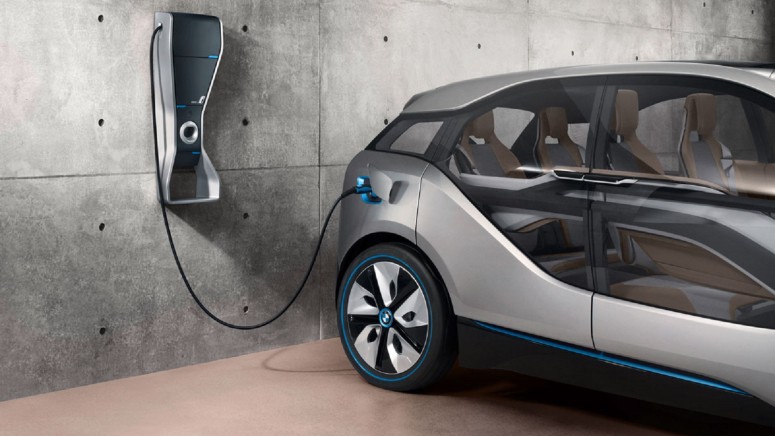
Home Networks at Risk from Hacked Electric Car Chargers
- Kaspersky Lab reported a new hacking method that can allow attackers access to home networks by exploiting internet-connected car chargers.
- Electric vehicles come with charging accessories that put users at risk due to a number of vulnerabilities in them.
- Currently, the only way to not get hacked is by isolating home networks from car chargers.
If you are an electric vehicle owner, your home network could be at risk of being compromised. Kaspersky Lab released a report that showcases a number of vulnerabilities found in electric car chargers. By exploiting the vulnerabilities, hackers can disrupt your vehicle as well as the connected Wi-Fi network.
A number of people leave their electric car chargers and vehicles connected to their private home networks. Needless to say, home connections lack the security measures a business network would offer. Once hackers are able to break into the network by finding out the car chargers’ IP addresses, they can exploit a number of vulnerabilities of not just the affected chargers, but also other car chargers that may be connected to the same network.
David Emm from Kaspersky Lab revealed "For this reason, it is important not only to investigate unresearched technical innovations but also to look for vulnerabilities in accessories. Vendors must be very careful with connected vehicle devices, and initiate bug-bounties or ask cybersecurity experts to check their devices. We were fortunate in this case to have a positive response and a rapid patch of the devices, which helped to prevent potential attacks."
Kaspersky Lab already reported the security flaws to car makers so they would get enough time to fix the vulnerabilities found in electric vehicles and their car chargers. The security firm has also recommended regularly updating your firmware and avoid using default passwords. Isolating your car and home networks is an effective way to keep yourself safe from attackers. If you are set to buy a new electric vehicle, you should update your accessories and the car itself to the latest firmware immediately.
What do you think about the vulnerabilities found in electric car chargers? Let us know in the comments below. Please share the article online if you can and follow TechNadu on Facebook and Twitter for more tech news.







